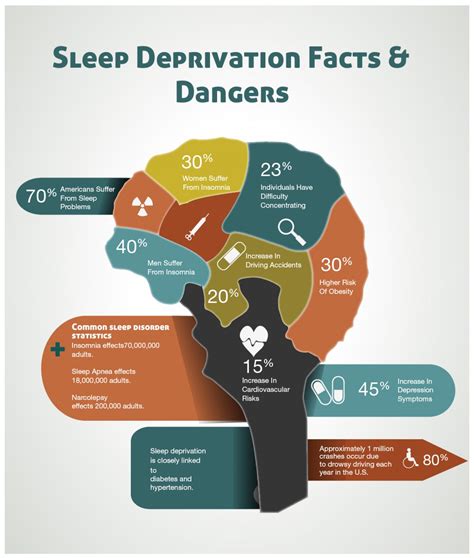In a culture that often glorifies sleeplessness, it’s crucial to examine the profound impact sleep deprivation can have on memory. With many people bragging about their ability to function on minimal sleep, the long-term consequences go undervalued. A seemingly innocuous habit of skimping on sleep can have significant ramifications on cognitive health, particularly memory. Sleep is essential for memory consolidation, and chronic deprivation can severely disrupt this process.
A user expressed regret about years of sleeping merely 4 to 6 hours nightly, feeling increasingly aware of resultant memory issues. This sentiment isn’t isolated; numerous individuals report similar experiences, underlining a common yet overlooked problem. For instance, another user, who identified as a ‘sleep maintenance insomniac,’ noted a dramatic decline in memory, highlighting the vital role of sleep duration and quality in preserving mental faculties.
The challenges of sleep disruption span a spectrum of causes and solutions. One poignant example is the user’s inquiry about treatment for waking up prematurely and failing to fall back asleep. This issue, often exacerbated by stress and rumination, has multifaceted solutions. Cognitive Behavioral Therapy (CBT) can break the cycle of negative thought patterns, while environmental factors like white noise can create a conducive atmosphere for rest. These approaches signify the diverse tactics available, emphasizing that there’s more than one path to improve sleep.
Stress hormones also play a pivotal role in sleep disruption. A gripping theory suggests that while intense exhaustion can facilitate falling asleep, stress hormones may trigger early wakefulness. Regular exercise, including both aerobic and strength training sessions, can alleviate this by balancing hormone levels, promoting more consistent and restful sleep. Incorporating physical activity into one’s routine three times a week can markedly improve sleep quality and, by extension, memory retention.
Magnesium supplements have also emerged as a potential aid in enhancing sleep quality. Users have reported benefits from both standard magnesium and magnesium L-threonate, indicating another vector for addressing sleep-related memory issues. It’s essential for individuals to experiment with different strategies to ascertain the most effective remedy for their unique situation.
Parents often find themselves on the frontline of sleep deprivation battles, routinely grappling with the demands of early mornings post-late nights. One user argued that the lifestyle of a parent with school-aged children might make short sleep spans seem typical, further complicating the narrative on adequate sleep. This highlights a broader societal challenge: balancing family responsibilities with personal well-being.
Interestingly, genetic factors also determine sleep needs. Some individuals innately require less sleep, a trait that can create envy among their peers. Nonetheless, assuming this is a universal trait can be hazardous. For most, 6-8 hours remains a guideline to strive for, supporting both cognitive function and overall health.
Quality of sleep trumps quantity, a fact underscored by personal anecdotes and observational studies. Poor quality sleep, even if seemingly adequate in duration, hampers memory consolidation. Users made compelling cases for regulating deep sleep, utilizing technology like sleep trackers to monitor stages of sleep. Optimizing lifestyle elements such as diet, exercise, and mental health support can gradually enhance deep sleep and, consequently, overall health. Addressing sleep hygiene strictly—by controlling light exposure, managing stress, and maintaining a consistent sleep schedule—offers a pragmatic approach to improving sleep quality and memory.
Our understanding of sleep and its impact on health continues to evolve, driven by both scientific inquiry and collective insights from societal experiences. Practical solutions range from the fundamental—like ensuring proper air quality, noise reduction, and comfortable bedding—to lifestyle shifts involving regular physical activity and emotional health maintenance. As the dialogue around sleep deepens, it becomes evident that commitment to improving sleep is a dynamic process, requiring a nuanced approach grounded in both personal trial and scientific evidence.


Leave a Reply